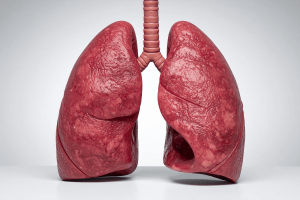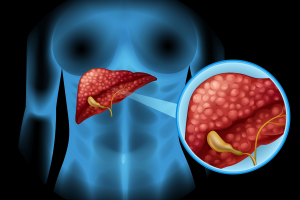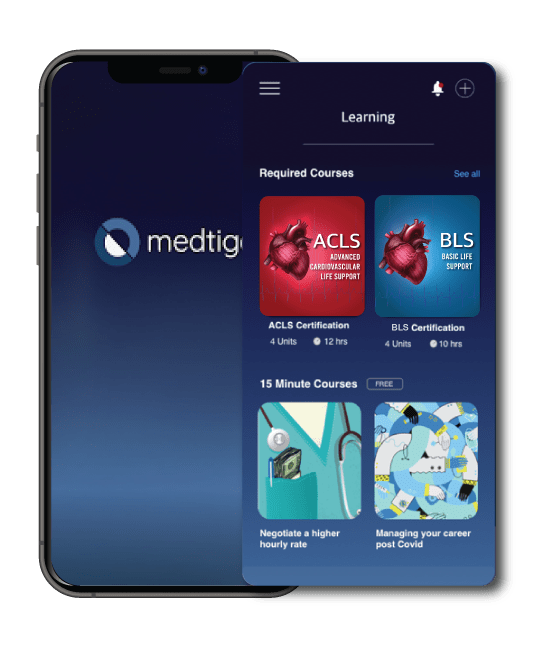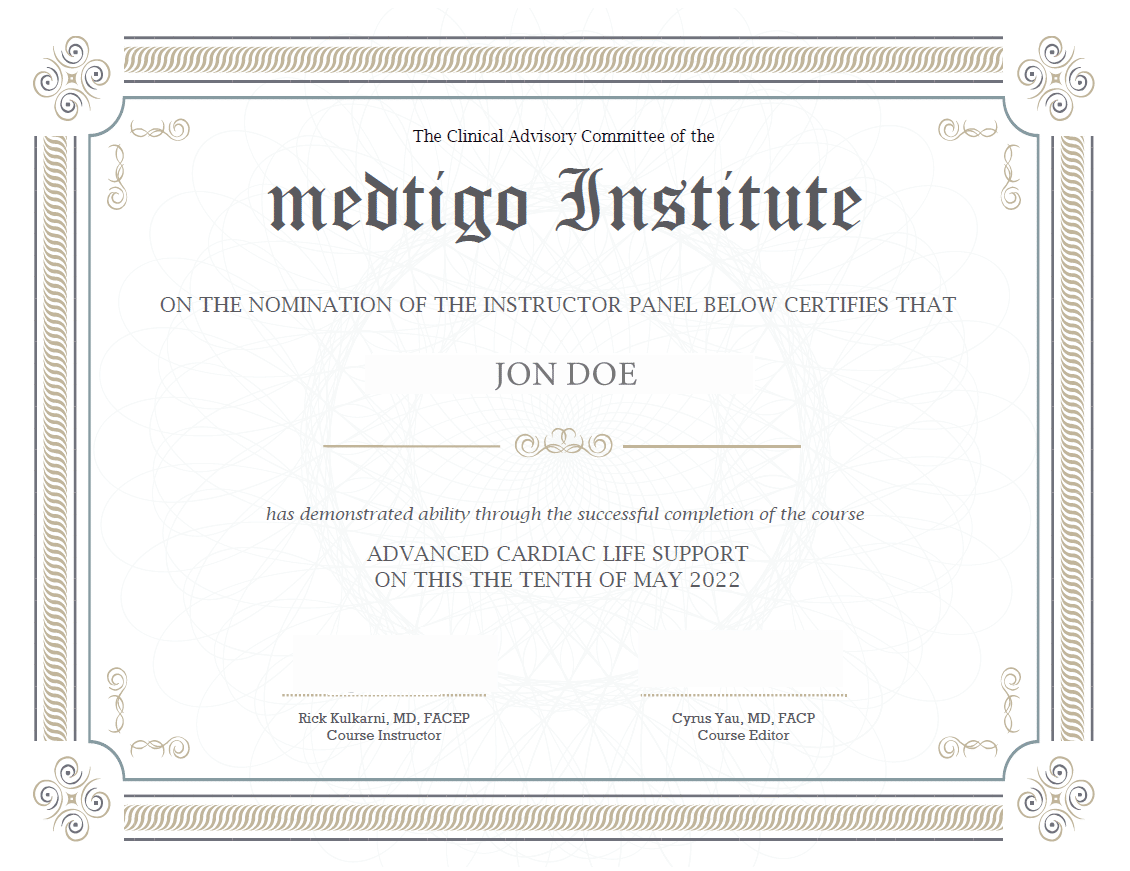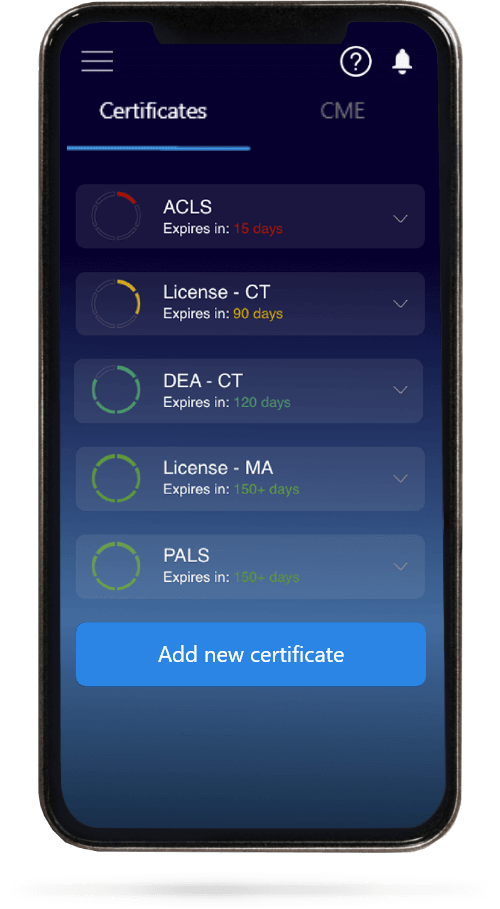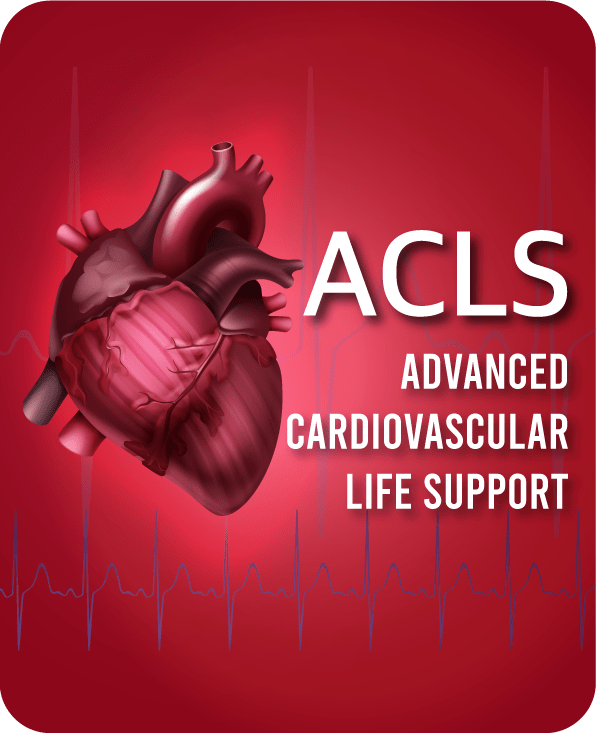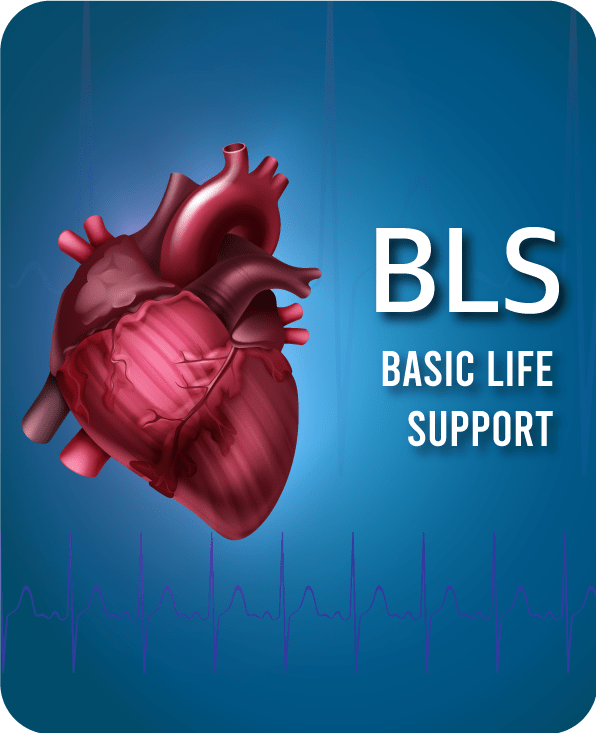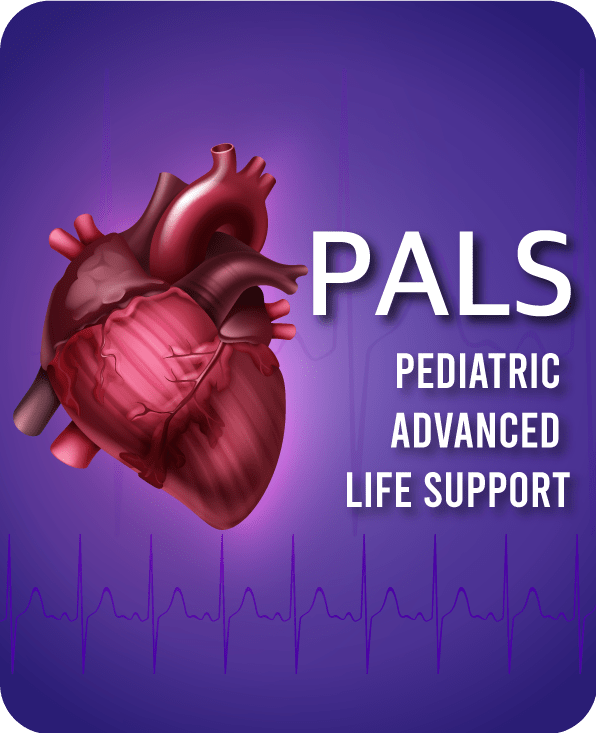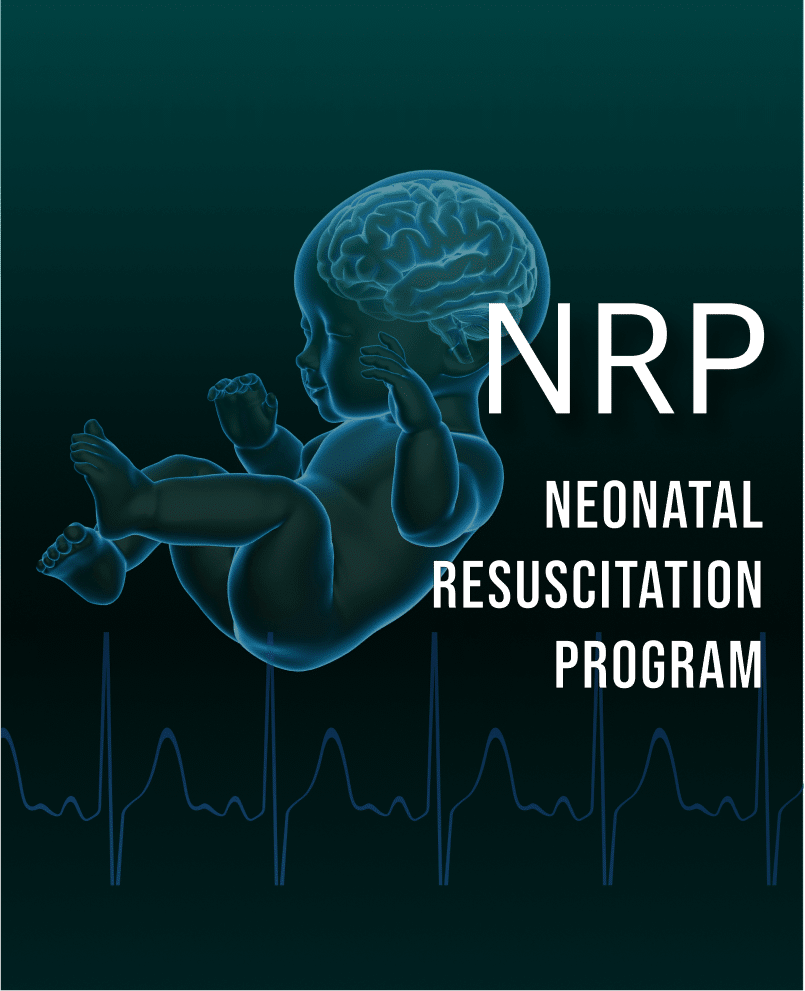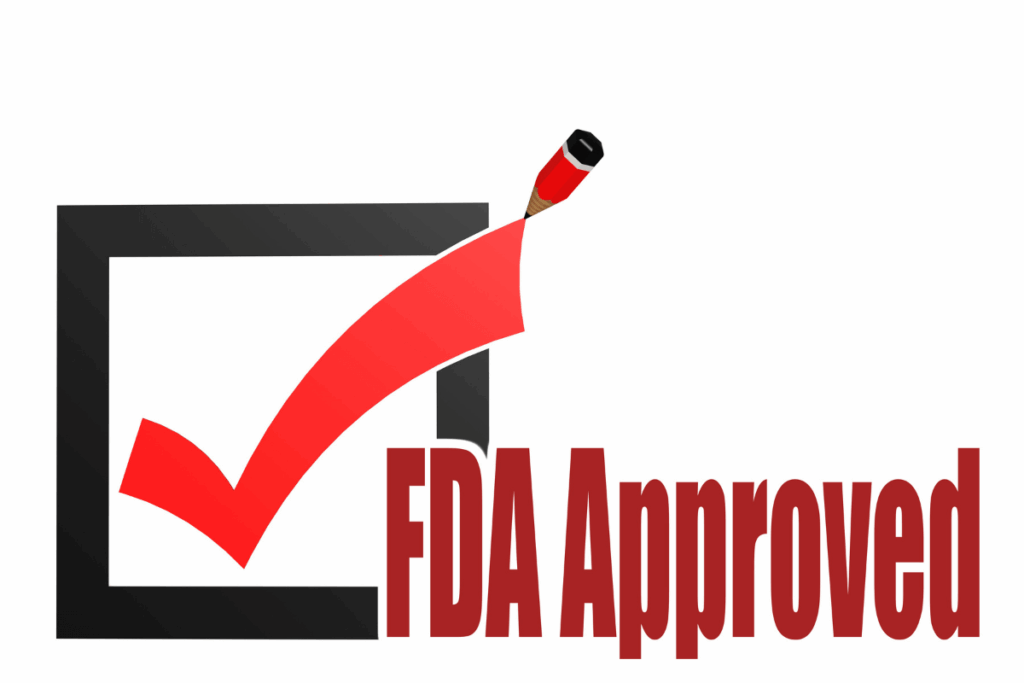
The U.S. Food and Drug Administration (FDA) has approved the Koselugo (selumetinib), an oral MEK inhibitor, for the treatment of adults with neurofibromatosis type 1 (NF1) and symptomatic, inoperable plexiform neurofibromas (PN). It is manufactured by Alexion, which is a part of AstraZeneca Rare Disease.
NF1 is a progressive, rare, and genetic disorder. It is often diagnosed in childhood, but persists in adulthood, which affects multiple organs. Up to 50% of individuals with NF1 may develop PN, which is a non-cancerous tumor. This tumor can grow over time and may cause muscle weakness, disfigurement, and pain. PN may impact the nerves, spinal cord, and brain.
Koselugo is a kinase inhibitor that blocks the activities of MEK1 and MEK2 enzymes, which are overactive during NF1 and lead to the growth of PN. By inhibiting these enzymes, Koselugo slows the tumor growth. This drug is approved in China, Japan, the EU, and the US, as well as other countries, for treating adults and pediatric NF1 patients with inoperable and symptomatic PN. This drug also received Orphan Drug Designation across Japan, the US, the EU, and other regions for NF1 therapy.
This FDA approval was based on the results of the KOMET clinical trial (NCT04924608). This study was multicenter, placebo-controlled, double-blind, and Phase 3 randomized. This study evaluated the safety and efficacy of Koselugo (Selumetinib 25 mg/m2) in patients with NFI and inoperable, symptomatic PN. A total of 145 adults were recruited from 13 countries (Australia, North & South America, Asia, and Europe). All the patients were randomized into a 1:1 ratio to receive either Koselugo (n = 71, mean age = 32.6±11.42 years, female = 53.5%, male = 46.5%) or placebo (n = 74, mean age = 29.8±8.72 years, female = 43.2%, male = 56.8%) for 12 cycles of 28 days each. The median total treatment duration period for the treatment group was 336 days, and 335 days for the placebo.
After cycle 12, among patients receiving Koselugo (n = 14/71) reported a statistically significant overall response rate (ORR) of 20% (95% confidence interval [CI] = 11, 31) compared to a control of 5% (95% CI = 2, 13) with p = 0.011. Approximately 86% of participants in the treatment group had at least 6 months of observed duration of response. In the pain intensity scale for PN (PAINS-pNF) study, 42 patients per group with baseline chronic PN pain of ≥3 were analyzed. This approved drug reduced pain by -2.0 (standard error [SE] 0.30) versus -1.3 (SE 0.29) for placebo, demonstrating greater importance in chronic PN pain.
Plexiform Neurofibroma quality of life scale (PlexiQoL, score: 0-18, low score = better well-being). Among participants (treatment group = 57 and placebo = 59), least squares mean changes were found to be -0.4 (SE = 0.45) with drug and -0.3 (SE = 0.44) with placebo.
In this study, 10/71 patients in the treatment group and 9/74 in the placebo group experienced adverse events, with similar event rates among both groups. The main adverse reactions included rash, dry skin, insomnia, cough, diarrhea, nausea, vomiting, and fatigue.
Alexion CEO Marc Dunoyer said, “expanded approval of Koselugo for adults with NF1 PN alongside its pediatric formulation, supports continuous care and transforms treatment for this rare disease.” Children’s Tumor Foundation CEO Annette Bakker indicated that “this FDA approval is a major milestone in faster, more effective treatment for patients with NF1 PN, and highlights Koselugo’s impact for children and now adults.”
Reference: AstraZeneca. Koselugo approved in the US for adults with neurofibromatosis type 1. Published November 20, 2025. Accessed November 21, 2025. Koselugo approved in the US for adults with neurofibromatosis type 1





